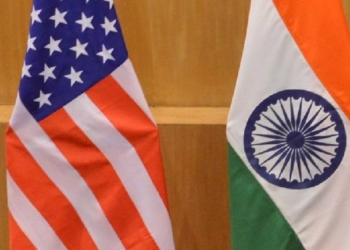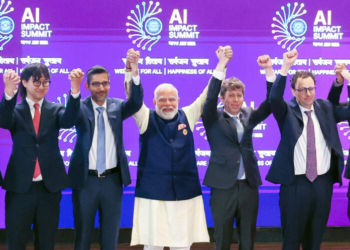Mumbai: The dependence of non-banking finance companies (NBFCs) on bank borrowing has gone up sharply and accounted for nearly half of their total borrowings at the end of December 2022, according data compiled in the RBI’s bulletin for September 2023.
“NBFCs, particularly NBFCs in the upper layer, have increased bank borrowings, accounting for nearly half of their total borrowings as at the end of December 2022,” the bulletin states.
The percentage of borrowings has been going up steadily. Earlier, RBI data showed bank lending to NBFCs constituted 39.6 per cent of total borrowings in March 2022 and 37.6 per cent 2021.
At the end of March 2020, the figure hovered around 35.6 per cent.
The number of deposit-taking NBFCs has also fallen to a record low of 34 in 2022-23, from 69 in 2019-20.
The number of NBFCs collecting deposits has also decreased consistently due to the changed norm of acceptance of deposits. The RBI has been cautious in allowing NBFCs to public deposits citing the objective of protection of depositors’ interest.
However, following the vacuum created by the merger of Housing Finance Development Corporation with HDFC Bank, industry has raised the demand to allow more NBFCs to accept public deposits.
In a recent meeting with RBI Governor Shaktikanta Das, heads of top NBFCs are reported to have urged the central bank to grant more licences for accepting public deposits.
The request came in response to the RBI’s concern regarding NBFCs’ increasing dependence on bank borrowings and the need to diversify their fundraising.
(IANS)














